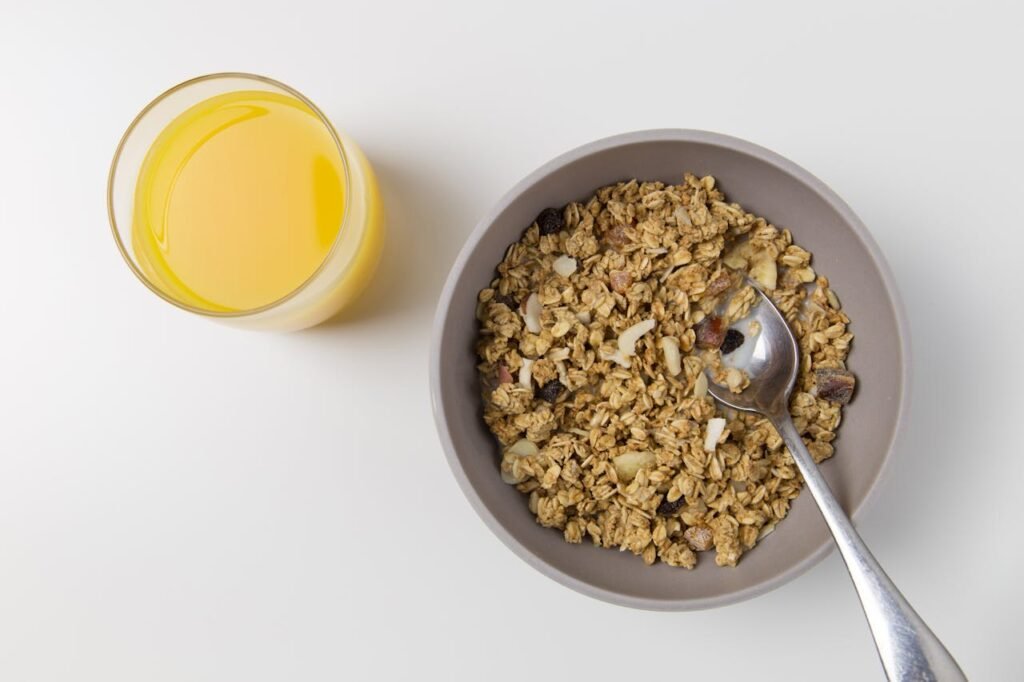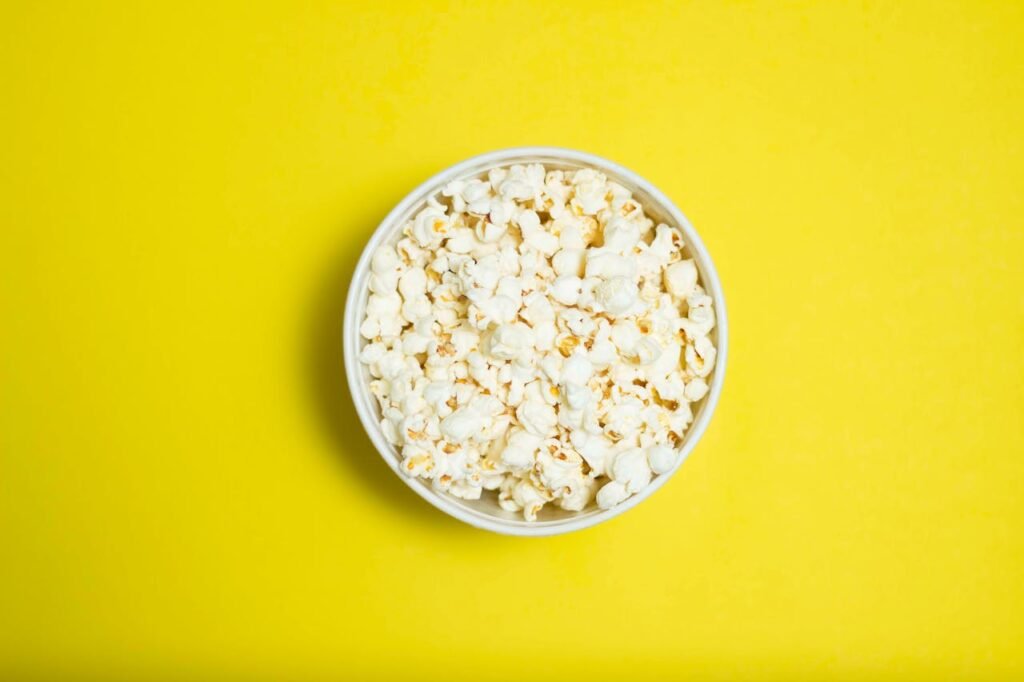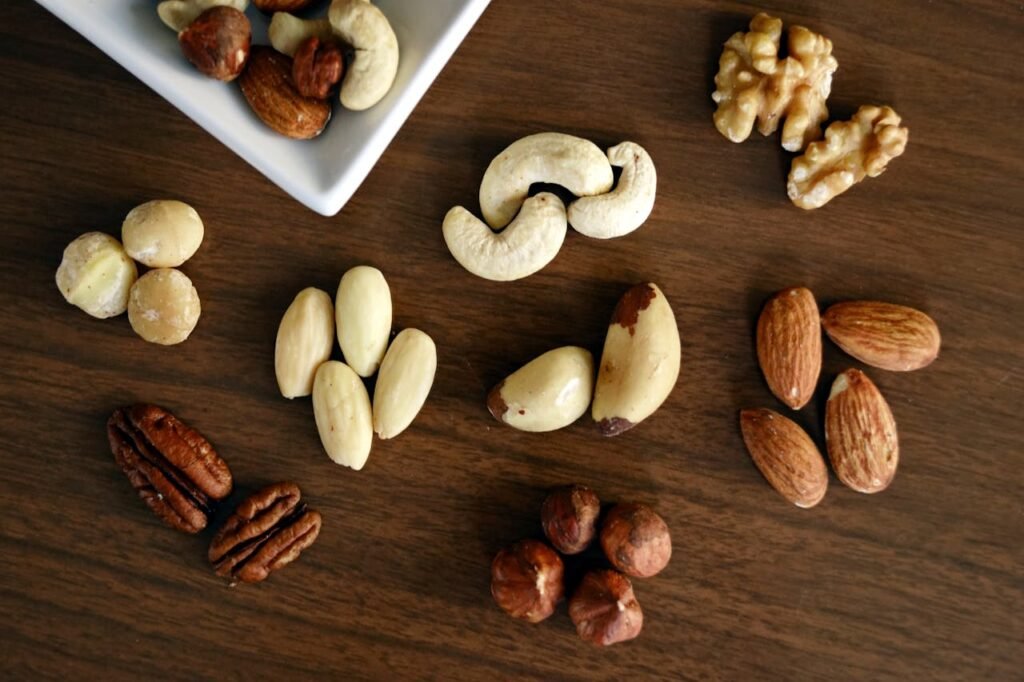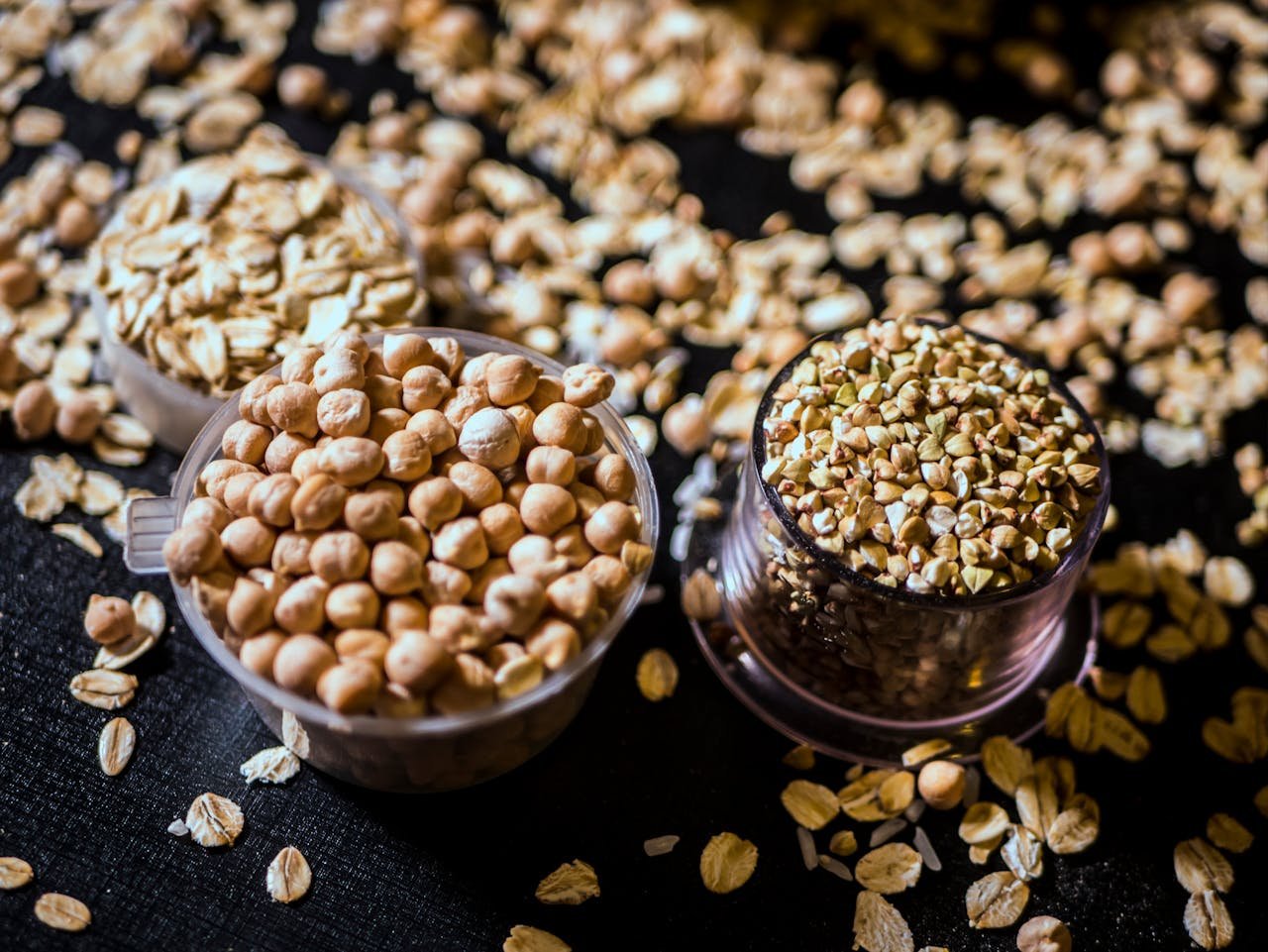Carbohydrates have gotten a bad reputation lately with the rise of low-carb diets. But not all carbohydrates are created equal, and not all should be avoided!
If you’re following a healthy diet, the foundation of your diet may focus on good carbohydrates, such as vegetables, fruits, legumes, and whole grains.
These foods provide fiber and nutrients, which are essential for health. Therefore, you should not be afraid of carbohydrates.
Read on to understand the difference between “good” carbohydrates and “bad” carbohydrates and find out which are the best carbohydrate options to incorporate into your diet.
What are good carbohydrates?
Carbohydrates are the starches, sugars, and fiber found in many types of foods, from “good” whole grain carbohydrates to the not-so-good refined carbohydrates found in sweetened beverages, candy, white bread, and pasta, among others.
Good carbohydrates are rich in fiber. Some of these are, for example, vegetables, fruits, legumes, and whole grains and cereals.
They are considered good and healthy since They are high in fiber and nutrients. They are also low on the glycemic index, which means they do not trigger blood sugar levels.
In the same way, all good carbs help you feel full longer and with fewer calories. That is why they are your best allies in a weight-loss diet.
To highlight: A complex carbohydrate is anything rich in fiber. However, fruits are simple carbohydrates they are full of fiber, antioxidants, vitamins, and other essential nutrients for your body.
Besides, Whole grains and starchy vegetables, such as sweet potatoes and potatoes, fall into the complex carbohydrate category. And are made up of longer chains of sugar molecules that, along with their fiber content, take longer to digest.
This means that energy is released over a longer period during the day.
Good carbohydrates for a balanced diet
Below we will show you the best carbohydrates for our body since they are full of vitamins and minerals.
1. Plum
One medium plum contains 7.5 g of carbohydrates. Plums are a delicious and low-sugar fruit.
Besides It has a high content of antioxidants, which helps prevent damage to hydrogen and oxygen-based fats. These include the fats that make up cholesterol and cell membranes.
2. Papaya
The papaya is rich in zeaxanthin, an antioxidant that filters the sun’s rays, which is why it is believed to play a protective role in eye health.
This fruit is rich in B vitamins, alpha and beta carotene, lutein and zeaxanthin, vitamin E, calcium, potassium, vitamin K, and lycopene, a powerful antioxidant.
3. Strawberry

Strawberries are one of the healthiest foods to add to your breakfasts. Half a cup of strawberries contains 6.5 g of carbohydrates.
Strawberries are loaded with phytonutrients, which make them heart-protective, anti-cancer, and anti-inflammatory fruits.
4. Broccoli
Broccoli is a true superfood. It is a member of the cruciferous vegetable family, distinctive for the fiber present.
Scientific studies that have been carried out in this regard show that broccoli can reduce insulin resistance in diabetics. (1).
They also help lower blood sugar levels. One cup of broccoli provides 6 grams of carbohydrates, 2 of which are fiber. It also provides more than 100% of the daily recommendation of vitamins C and K.
5. Cauliflower
Perhaps the most popular of the lowest carbohydrate vegetables, many people. It is the base for cauliflower puree and cauliflower rice, two recipes that have become very popular on the internet.
One serving of cauliflower provides 100% of the recommended daily amount of vitamin C and a quarter of the vitamin K, 2% of the required amount of calcium and iron, 6% of the daily potassium, and more than 3% of the daily magnesium (2).
6. Cabbage
Cabbage has many health benefits. One cup of cabbage contains 5 grams of carbohydrates, 3 of which are fiber.
It also provides 54% of the daily recommendation for vitamin C and 85% of the daily recommendation for vitamin K.
7. Oats

Oatmeal is one of the healthiest cereals. Oats are a great source of vitamins, minerals, and antioxidants.
Note: Oats contain 66% carbohydrates, of which 11% is fiber. They are rich in fiber and protein.
According to a study published in Karger suggests that oats may reduce the risk of heart disease by reducing cholesterol and blood sugar levels (3).
To highlight: Oats enter directly into the bloodstream in the form of glucose, which is why it is a good source of energy.
8. Brown rice
Considered a whole grain, brown rice is less processed than white, which has had the husk, bran, and germ removed.
Only the husk is removed from brown rice. Brown rice retains nutrients that white rice lacks, such as vitamins minerals, and antioxidants.
Brown rice provides carbohydrates, fiber, fats, and protein. It is also rich in vitamins B1, B3, B6, and B5 and the minerals iron, magnesium phosphorus, zinc copper, manganese, and selenium.
9. Pita bread
In addition to being low in calories and delicious, pita bread, originally from the Middle East, also It is a rich source of proteins and carbohydrates and contains an adequate amount of vitamin B, selenium, and manganese.
10. Popcorn

In a serving of popcorn, there are approximately 30 grams of carbohydrates.
One serving of popcorn contains about 120 to 150 calories, which makes it a very healthy snack, low in calories, and a good carbohydrate since corn is rich in dietary fiber.
11. Chickpeas
Chickpeas are a rich source of vitamins, minerals, protein, and fiber.
Chickpeas can offer a variety of health benefits, such as improving digestion, helping control weight, and reducing the risk of various diseases.
To highlight: Chickpeas are rich in protein and are an excellent meat substitute in vegetarian and vegan diets.
12. Beans
Beans are some of the most underrated foods on the planet. They are excellent sources of fiber, protein, vitamins, and minerals.
Additionally, there is evidence that they can help lower blood sugar, improve cholesterol levels, and help maintain a healthy gut. (4).
13. Lentils
lentils They are an excellent source of carbohydrates, besides They are rich in protein and fiber, making them a healthy meat substitute for those following a vegan or vegetarian diet.
They are also full of folic acid, iron, phosphorus, potassium, and fiber.
14. Sweet potato or sweet potato
The sweet potato or sweet potato is a carbohydrate low in glycemic index, that is to say, that does not cause an instant rise in blood sugar levels which helps keep weight under control.
Furthermore, the sweet potato is rich in vitamins B, C, and D and provides calcium, magnesium, phosphorus, potassium, thiamine, and zinc.
15. Nuts

dried fruits are a good source of carbohydrates, since they also provide many proteins and healthy fats, However, they are very calorie-dense, so you should eat them in moderation if you are looking to lose weight.
In any case, nuts are a superfood since they provide many vitamins and minerals, depending on the nut we are talking about, such as almonds, walnuts, pistachios, or hazelnuts, among others.
Importance of good carbohydrates
Unlike what many people believe today with the rise of ketogenic and low-carbohydrate diets such as the Atkins diet or the Dukan diet, carbohydrates are not the enemy.
Carbohydrates are very necessary since they give us energy and are very rich in micronutrients (vitamins and minerals), They are also the only macronutrient that provides fiber, which is essential for managing blood sugar levels and maintaining stable energy levels throughout the day.
Important: If you are an athlete or you train often, carbohydrates are very necessary to be able to carry out your training and perform aerobic and also anaerobic activities, such as weight lifting.
On the other hand, If you are looking to lose weight, carbohydrates can be great allies, since healthy carbohydrates such as vegetables tend to be bulky (that is, they take up a lot of space) but at the same time contain few calories, which will help you maintain a calorie deficit that will help you lose weight.
And if you are looking to increase your muscle mass you also need carbohydrates since these help provide energy to the muscle.
To highlight: Carbohydrates are important for building muscle because they save protein, meaning the body looks to glycogen for energy instead of breaking down muscle tissue for energy.
Consuming carbohydrates after training can prevent muscle loss and help repair muscles.
Key takeaways
- Carbohydrates are the starches, sugars, and fiber found in many types of foods, from “good” whole grain carbohydrates to the not-so-good refined carbohydrates found in sweetened beverages, candy, white bread, and pasta, among others.
- “Good” or healthy carbohydrates are those foods that have a high fiber and nutrient content, and are low on the glycemic index, that is, they do not trigger blood sugar levels. Among them, are vegetables, fruits, legumes, grains, and whole grains.
- Among the “good” carbohydrates that should be consumed to have a healthy and balanced diet are: plums, strawberries, oats, broccoli, cauliflower, sweet potatoes, beans, and lentils, among others.
- Carbohydrates are not enemies, although many people believe they are. They are very necessary for our health and well-being. They provide us with energy, vitamins, and minerals. They help us manage blood sugar levels and maintain stable energy levels throughout the day.
- Whether you are an athlete and train very often, or want to lose weight, or increase muscle mass, carbohydrates are your best ally. If you are an athlete, they will help you with your performance; If you want to lose weight, they will help you feel full with a low-calorie index. And if you want to increase muscle mass, they will help you build muscle because they save protein.
Share this content:


